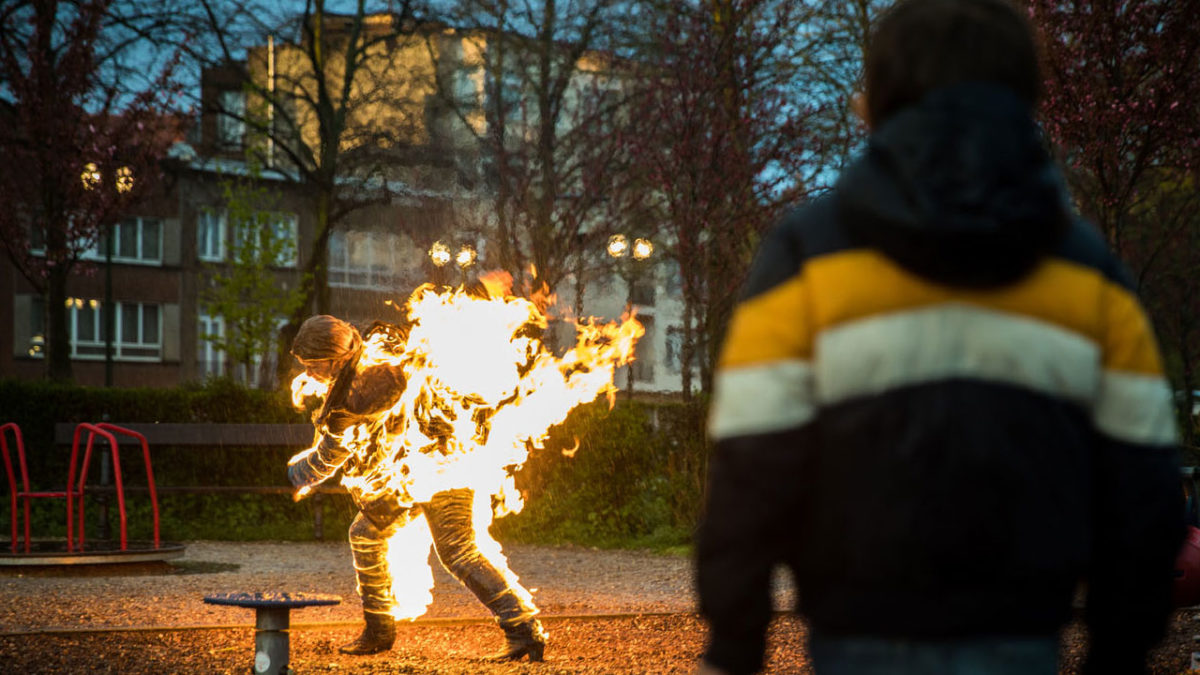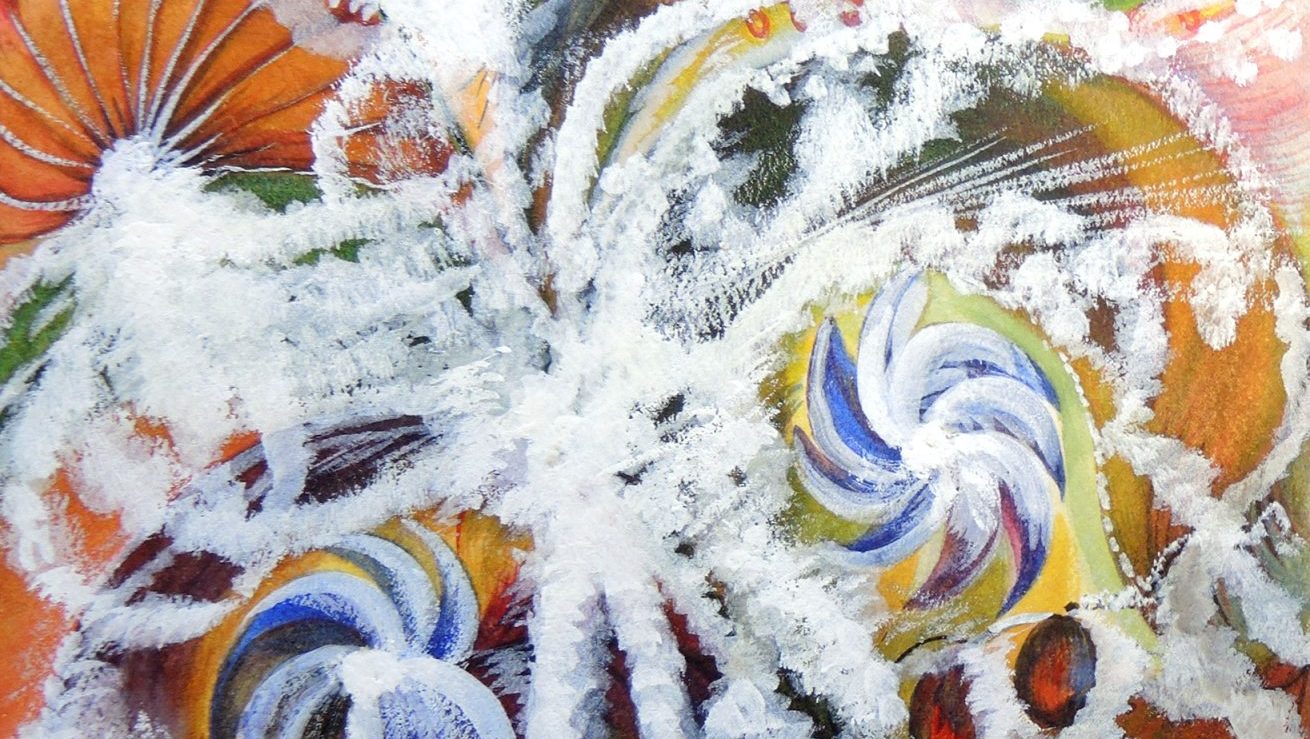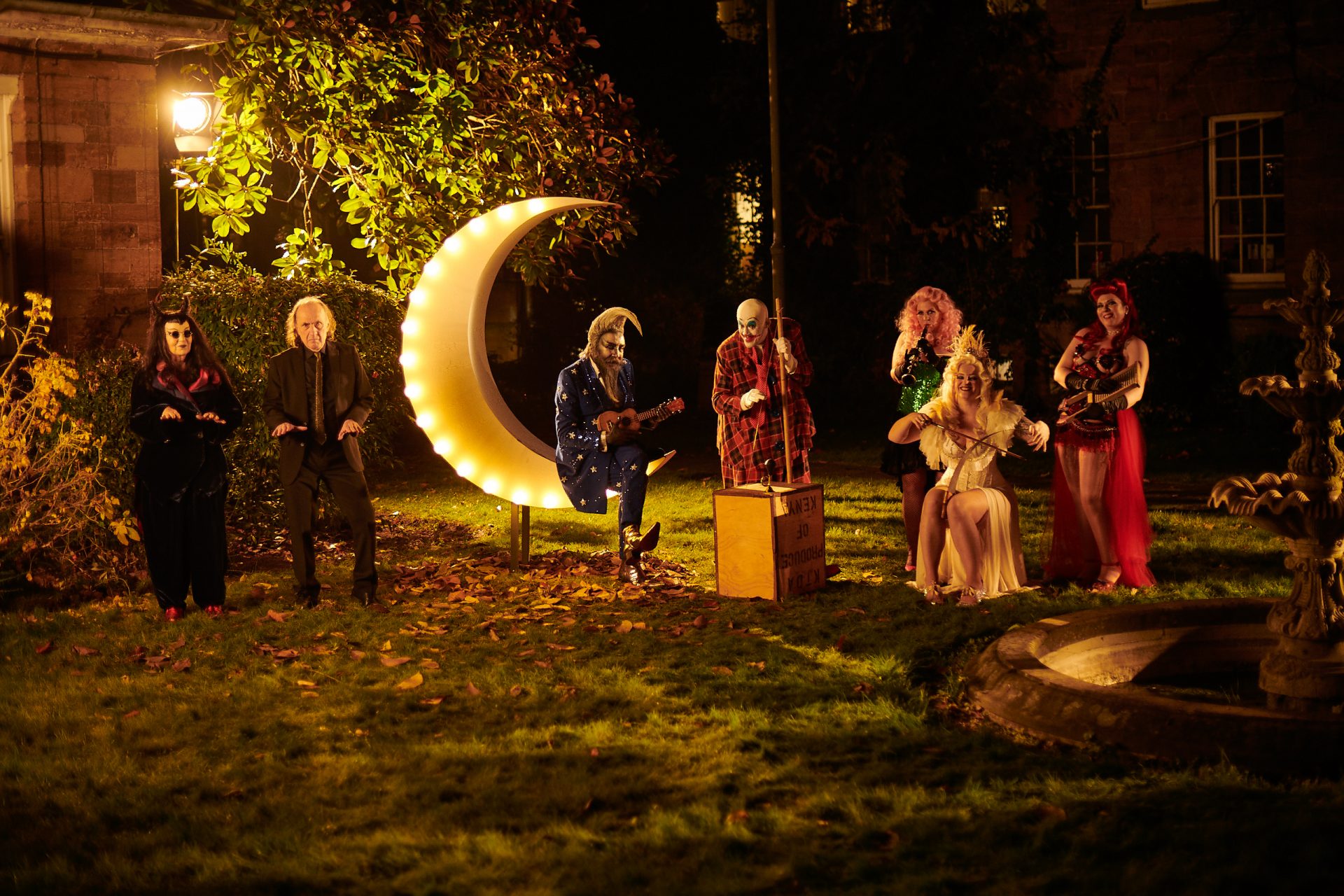In the 18th century, an Italian noblewoman named Cornelia Zangari Bandi was found by her maid one morning almost entirely immolated. A pile of ashes lay in her bed, with no other items of furniture in the room burnt, though they were covered in a curious, foul-smelling layer of greasy moisture.
There was no apparent source of fire – the candles and lamp remained intact and unlit. Many speculated about this bizarre phenomenon, from medical journals to Charles Dickens, who made reference to the famous case in Bleak House, and it became the first hypothesised case of what we now call spontaneous human combustion.
Spontaneous combustion is an irrefutable reality which is possible in some organic materials, but its occurrence in the human body is a pseudoscientific confusion. All the same it holds a distinct power over the imagination.
It capitalises on the legitimate knowledge that our bodies do indeed betray us at will in shocking and unstoppable ways. And, too, it is a myth that has the stain of sin on it. Alcoholism has long been associated with incidents which were speculated to be spontaneous combustion; with the benefit of perspective we can now understand that not only is alcohol inflammatory but also drunk people behave in ways which endanger themselves, knocking things over, leaving lit cigarettes in inopportune places, not noticing when something has suddenly gone terribly wrong.
But it wasn’t for these functional reasons that alcoholism was associated with spontaneous combustion. Rather the sin of excess was believed to be its own agent of ignition.
This association with fire and the wages of sin is felt in the six-part French drama Moloch, available to watch now on the Sundance channel of Amazon Prime. Moloch is set in a bleak industrial town and follows a journalist, Louise (Marine Vacth) and a psychiatrist Gabriel (Olivier Gourmet) who are both trying to understand a sudden spate of mysterious fires killing residents.
The first death, that of a successful and handsome young banker, takes place in a public space but is energetically covered up by the police until Louise begins to scratch the surface. The second is encountered by Gabriel, as he treats a traumatised child who witnessed his mother burn to death in a park. Further cases follow, all inexplicable and seemingly unsolvable.
Louise and Gabriel are both deeply troubled. Louise is a depressed, possibly sociopathic, young beautiful woman who uses her looks to advance a nascent journalistic career, seducing a policeman under false pretences and inviting him into her life so that she can siphon details from his work computer as he sleeps.
She has been worn down by years of oppressive burdening from her narcissistic bourgeois parents, confiding inappropriately about their sexual affairs and criticising her relentlessly. We gather that she has suffered at least one major breakdown and life collapse in her twenties, which may explain the deranged lengths she is willing to go to for her story.
Gabriel, meanwhile is living in a static stand-off with his unspeaking wife, both crippled emotionally after the death of their son by accidental fire some years before. His mental block about what took place that night begins to erode as he is forced to confront reality with the arrival of these new fires.
Moloch moves at a stately, rather hypnotic pace. While the premise of spontaneous human combustions springing up is a sexy one, the action is mostly minimal with occasional flurries of resolution. Whether this is one for you will depend on your taste for crime shows that are slow-moving and thoughtful rather than satisfyingly explosive. It rests on a foundation of religiosity which I found to be heavy-handed and obstructive at times.
One secondary character is a man named Jimmy, a bus driver who drives his passengers off route to the beach one day, unable to recall why he has done so. He comes to be a patient of Gabriel and appears to have some knowledge about the providence of the fires. Whether this is specific or essential knowledge is unclear – does he know how they are coming to be set, or does he have a less material and more spiritual understanding of their occurrence?
Jimmy serves a purpose, establishing that the fires are not abstracted or random occurrences but rather attached to a moral strategy or plan of some kind, the sort of plan that most believers ascribe to God. But he isn’t much of a character, sitting staring dreamily into space and occasionally dropping some generic Biblical reference. Though it’s clear that his scenes are intended to add atmospheric tension with their inertia, in an already slow-moving show they come off more plodding than compelling.
What is really interesting here though is the degree of moral seriousness which Moloch allows itself, asking questions of its characters and its audience which most crime shows of its calibre don’t bother with. Who, if not God, decides how bad we can allow one another to be? What level of wrongdoing is tolerable, and what is so severe that it warrants retribution? If we warn someone who transgresses to change and they fail to do so, what do we do with them to stop them harming society?
It all comes down to punishment and the fallibility of man, and how those two ideas speak to each other. We have the right, collectively, to stop egregious harm being done to us, but can we ever be bestowed with the right to actually hand out suffering in response? What gives us the right to be God?
Gabriel and Louise have both sinned in their ways, and now try to uncover and root out wrongdoing in others, deflecting from inability to resolve their own traumas.
They have been punished not by God but by themselves and by the lives they have tainted with their suffering.
This is a knotty, morose bit of work with exceptional acting that I admired very much, if never quite came to love.




